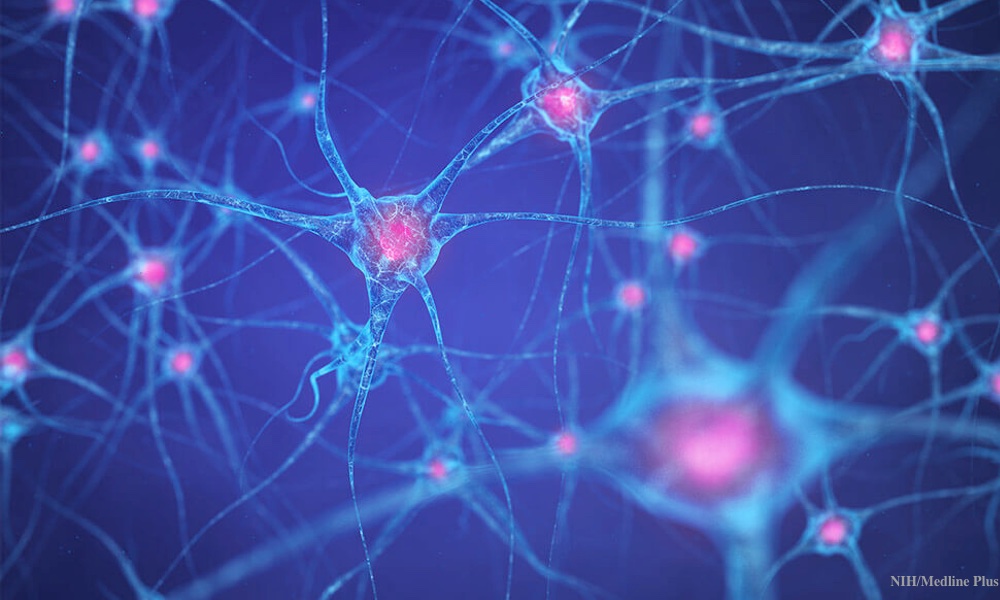Multiple sclerosis (MS) is a chronic autoimmune disease in which the immune system mistakenly attacks healthy cells in the body. The disease damages myelin, the fatty substance that wraps around nerve fibers, protecting them and helping them communicate. The damage disrupts communication between our nervous system and our brains.
MS affects people differently, but it often causes pain, coordination issues, vision problems, and can lead to a loss of motor control and even mobility. New treatments can slow progression of the disease, and a recent study may offer a way to treat it sooner.
Researchers led by a team at the University of California in San Francisco recently identified autoantibodies characteristic of MS in the blood of some patients who developed the disease years later.The researchers hope their discovery can lead to earlier treatment for MS after detection by a simple blood test.
Diagnosing MS is not always straightforward because scientists have not identified disease-specific biomarkers, Michael Wilson, senior author on the paper, told TheDoctor. The discovery of the autoantibodies leads the researchers to believe they now have a more definitive sign that a person will go on to develop MS.
That should speed diagnosis and treatment. “We are excited to have anything that can provide more diagnostic certainty later on, so we can have a concrete discussion about whether to start treatment for each patient,” Wilson said.
Autoantibodies are produced against the body's own proteins and appear to bind to human cells and common pathogens. They may bring on immune attacks on the brain and spinal cord in those with MS.
Wilson and his team analyzed blood samples collected from 250 U.S. service members after they were diagnosed with MS. The samples, from the U.S. Department of Defense Serum Repository, were compared to 250 samples collected five or more years earlier when the soldiers joined the military. Blood samples from a group of 250 healthy veterans served as the controls.
They predicted they would see an increase in these autoantibodies only in the samples collected after the service members were diagnosed. They found, however, that 10 percent of MS patients had an increase in about a dozen autoantibodies years before diagnosis. The autoantibodies adhered to a specific chemical pattern, or signature.
Compared to those without the autoantibody signature, those with the signature had elevated levels of neurofilament light, a protein that leaks into the blood when there is damage to neurons in the brain. Researchers still don't know why that is, said Wilson, a neurologist and professor of medicine at UCSF.
The researchers confirmed their findings by analyzing paired blood and cerebrospinal fluid samples from 126 participants in the UCSF ORIGINS study. Ten percent of the study participants who were diagnosed with MS had the same autoantibody signature as those in the Department of Defense group. Because everyone diagnosed with MS in both groups had this signature, it was 100 percent predictive of MS, Wilson said.
Researchers still do not know why some MS patients have the autoantibody signature, while others do not. Because MS has a genetic component, Wilson and his team want to see if genetic background explains the presence of these autoantibodies and if the autoantibodies coincide with greater disability as MS progresses.





